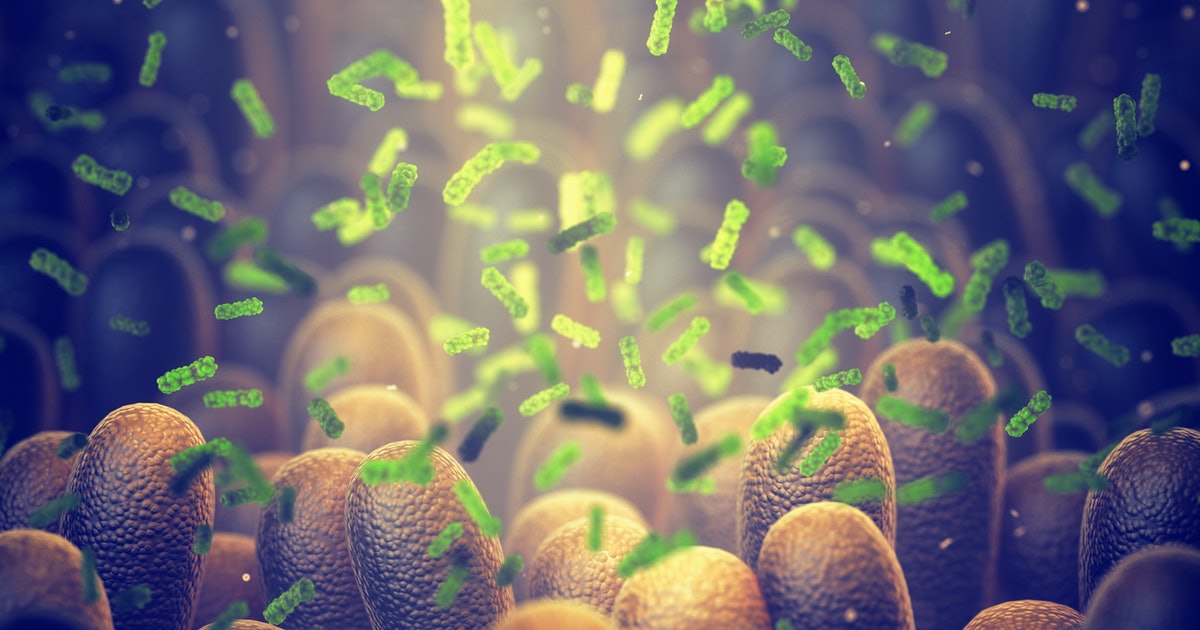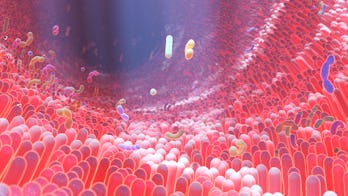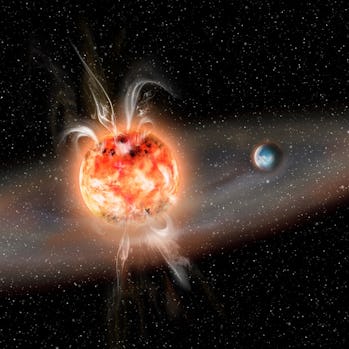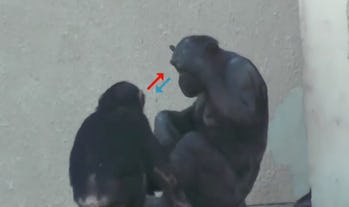Published
3 years agoon
By
Joe Pee
TO MAKE YOUR BRAIN YOUNGER, HOW FAR WOULD YOU GO? What if, instead of your brain getting older and slower as you age, you could undergo a transplant to make that gray matter appear more like the brains of the youths?
What if it required a strange, sort of gross transplant from a young person?

A “MIND-BLOWING” FINDING ABOUT AGE REVERSAL — Elana Spivack interviews researchers who demonstrated in a mouse model that when older mice had the gut microbiota of younger mice, they displayed behavioral qualities of younger mice, too:
To stave off the effects of aging, one might use retinol creams or play Sudoku.
But maybe we should be focusing on something different altogether.
For the past two decades, scientists have known the metropolis home to trillions of bacteria in your belly — the gut microbiome — is also central to mental health, the immune system, and more.
One of the latest studies in gut health scrutinizes how our microbiome affects aging in mice using a surprising transplant.
Sophie Putka offers this end-of-summer explainer on how cycling compares to other forms of cardio:
Imagine a leisurely bike ride through the park on your way home from work. Now picture a run on a treadmill, sweat dripping down your neck as you swig from a water bottle. Surely, one of these two activities must be “better” for your health.
Not so fast. When we compare the exercises we engage in, including cardio, there’s a lot to consider. Cycling has also emerged more definitively as a way to reduce the risk of mortality and avoid heart disease, among other benefits — but is it really as good as other forms of exercise?
Under the same conditions, one form of cardio might burn more calories than another. But humans don’t exercise in labs, and our physical outcomes may vary depending on how long we choose to exercise, how often, and with what intensity. More than that, there are benefits to cycling that can’t be measured as easily.

YOUNG, HOT-HEADED STARS — Passant Rabie reports that flares erupting from young, hot stars may not be as harmful to their orbiting exoplanets:
Young, hot stars are often underestimated. In the search for life in the cosmos, astronomers have previously disregarded red dwarf stars as having inhospitable star systems whereby none of their orbiting exoplanets could possibly host life.
But a new study suggests superflares — or extreme radiation bursts from young, small stars — pose little threat to the orbiting planets, therefore increasing the potential for their habitability.

Bonobos and chimpanzees greet each other before social interactions just like humans do. Jenn Walter reports on a study that sheds light on our shared evolution:
How do you start and end a conversation? With a greeting, of course — be it a handshake, saying hello or goodbye, a hug, nodding, bowing, or waving. Greetings are intrinsically human no matter where you’re from. Scientists previously thought this collective social behavior was also unique to humans.


Mahama Vows to Usher in Era of Fiscal Discipline and National Renewal


Elon Musk changes his name to Kekius Maximus on X


Mahama Calls for Unity Among Political Parties to Drive Ghana’s Renaissance


President-elect Mahama Rallies NDC Supporters: “Pray Harder for Ghana’s Transformation”


Ghana’s Economy on the Rise: President Akufo-Addo Highlights Robust Growth in 2024


EC Declares Final Verdict in Dome Kwabenya: Faustina Akurugu Elikplim Clinches Victory Amid Controversy


Thousands displaced as post-election unrest grips Mozambique


Former Black Stars Player Samuel Inkoom Faces Court Over Alleged Visa Fraud


Stonebwoy and Samini Mend Ties with Emotional Reunion at 3FM All White Party

























